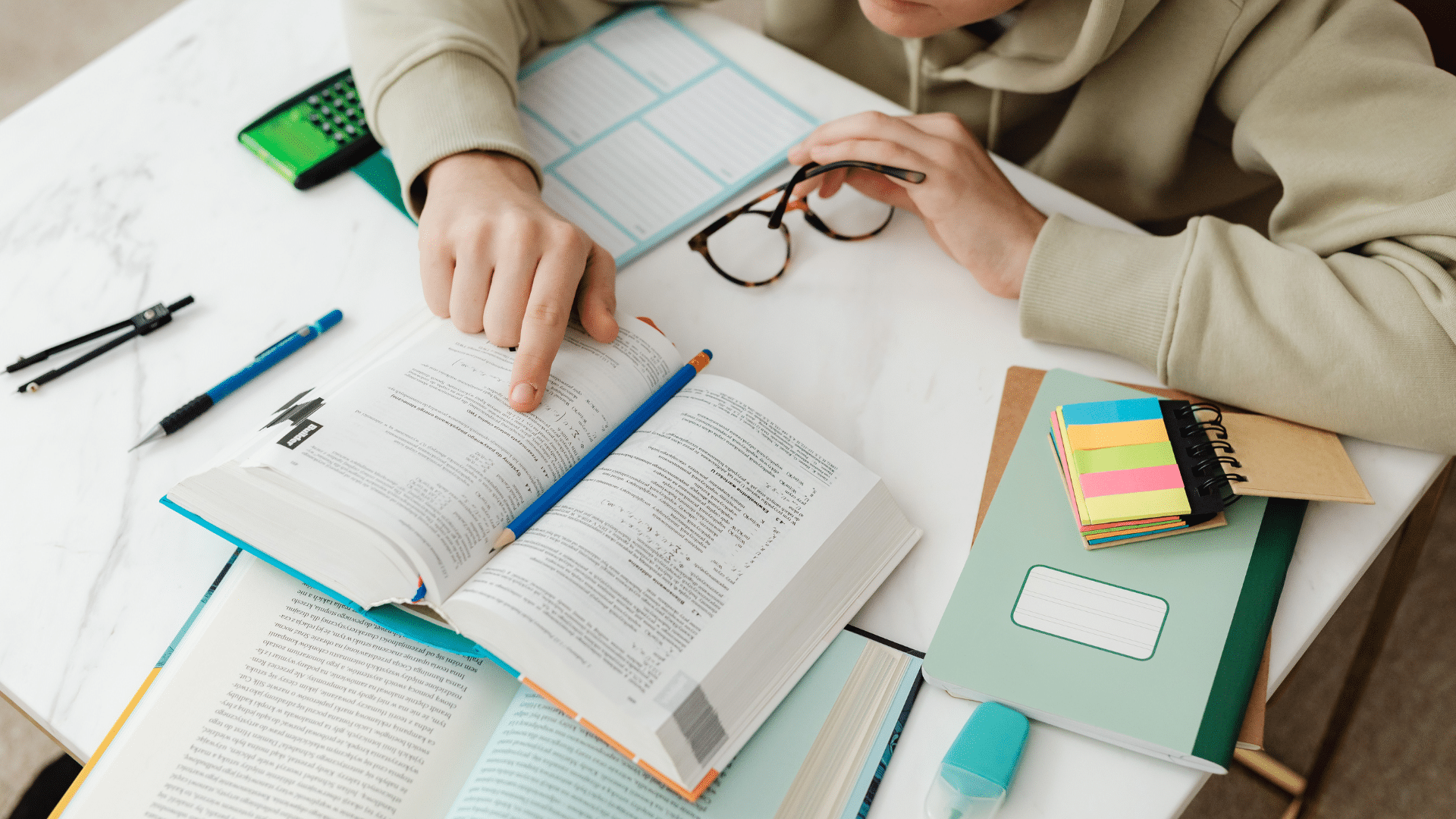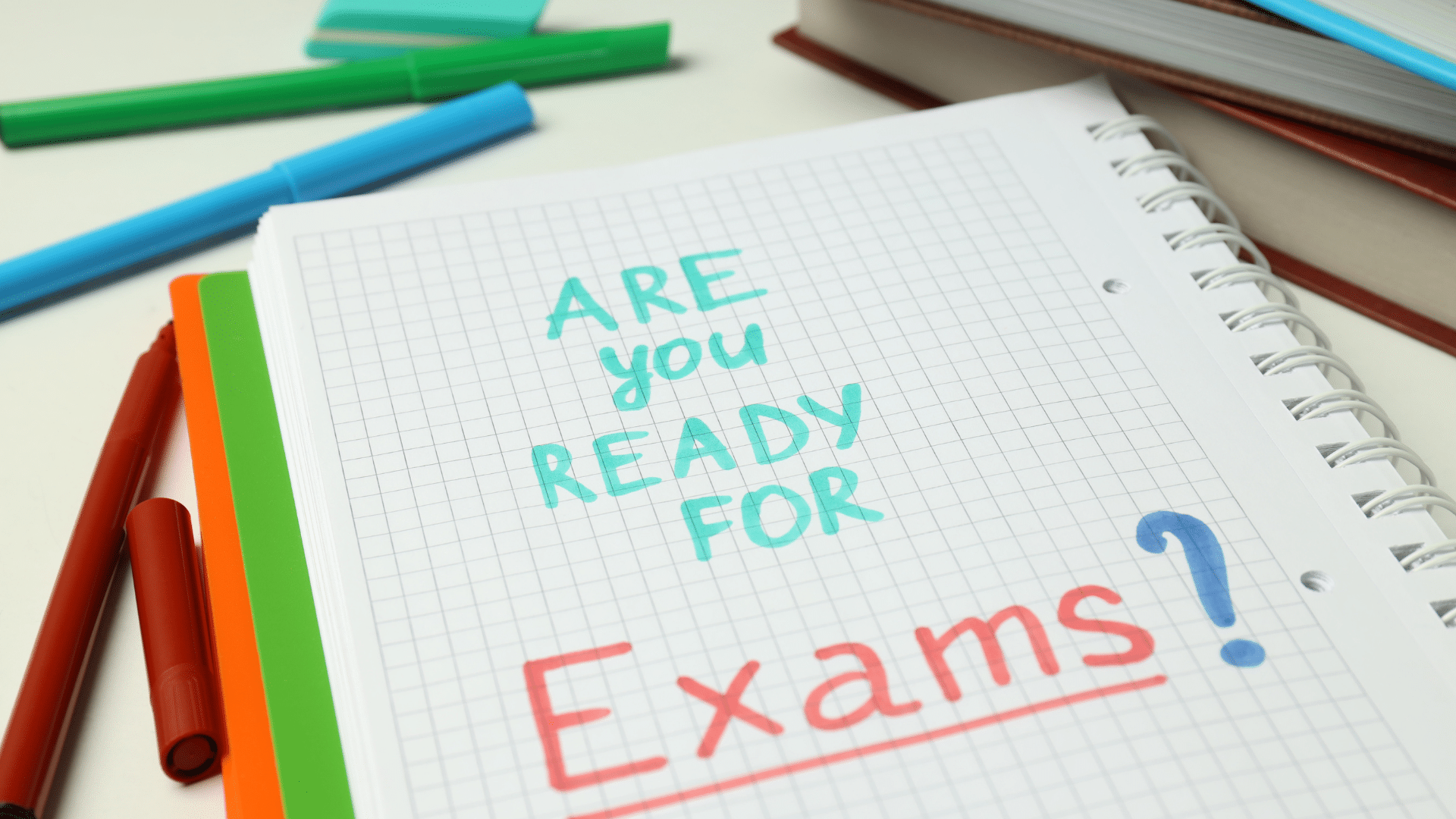Have you ever been there? That moment in an exam where you close your eyes and can almost see the answer. You know the textbook, the topic, and even the page with the answer. But for some reason, it refuses to grace your mind with its presence.
With a 70% pass requirement, aspiring agents have often asked me, “Is the real estate license exam open book?”
No, the real estate license exam administered across different states is not open-book. In fact, there is a long list of items that candidates aren’t allowed to bring to the exam room. Study guides and textbooks make the list.
This article will delve into what to expect during the examination and provide insightful tips on how to best prepare for it. By reading this article, you’ll gain an edge over others by understanding the ins-and-outs of the testing policies.
Exam Security Protocols

Testing sites for real estate license exams have strict rules prohibiting outside materials from being brought into the examination room. This policy is in place to maintain integrity and fairness. It ensures every candidate relies solely on their exam preparation and understanding of real estate principles.
Every item you bring with you, including personal items, must be placed in a soft locker. These items include keys, wallets, phones, hats, etc. Whatever wouldn’t fit into the locker, you will have to leave in a vehicle or opt not to bring to the center at all.
Don’t worry about making notes or calculations during your test. Certain provisions have been made for this. For instance, most testing centers supply candidates with scratch papers so they can jot down thoughts and work through problems without violating any testing policies.
But you will have to leave this paper with your exam proctor at the end of the exam.
State-Specific Requirements
What exactly can you bring? It is given that every jurisdiction has a unique set of regulations governing what is acceptable to bring to the real estate exam. But one factor remains constant across states: IDs.
Every real estate licensing body doesn’t allow aspiring agents to take the exam without an identifying document. Some states even mandate two forms of identification. The first must be a photo and signature-bearing ID issued by the government, while the next should be signature-bearing.
The most welcome forms of identification are:
- Driver’s license
- Passport
- Green card
- Permanent resident visa
- Military card
- Credit or debit card
- Social security card
Available Exam Resources

Even though the answer to the question, is the real estate license exam an open book, is a resounding no, that doesn’t mean real estate licensing agencies leave you completely open.
You will find pretest questions in every examination. This will help you acquaint yourself with the exam format and content. Necessary formulas may also be provided within the test itself. But, I advise candidates to ensure they understand the real estate math realtors use before sitting for the exam.
These questions are designed with a focus on concepts rather than rote memory recall. Imagine you were asked to bake a cake without knowing why certain ingredients were needed.
You could have all the recipes in the world. But without understanding why eggs add structure or baking powder makes your cake rise, you’d be following instructions mindlessly.
Some testing centers, like those governed by the California Department of Real Estate, also provide candidates with calculators for the exam.
However, exam candidates need to understand that every testing center will have unique rules depending on the administering body. Most licensing bodies partner with exam administering agencies like Pearson Vue or PSI.
Verify which testing agency your state uses and refer to their candidate book to review what is acceptable to bring to the exam. Candidates from states like Hawaii, which have partnered with PSI, must check the Candidate Information Bulletin for their state.
But if your state partners with Pearson Vue, say Alaska, then read through your state’s Candidate Book.
Tips for Approaching Closed-Book Exam

Going into a real estate exam blind doesn’t have to mean failure. Your victory lies in expert preparation before your real estate licensing exam showdown.
Ace Every Study Session
The first tip to approach a closed-book exam is to master preparation. You know the saying, “failing to prepare is preparing to fail?”
Take advantage of every study session. Rigorously study every concept you are struggling with. Jot down every real estate principle that is giving you a tough time. Then, slowly begin knocking them out.
Your time of preparation is your session to ensure you ace your exam. Tackle it with intention.
Familiarize Yourself with Math Formulas
Granted, some real estate exams may carry formula sheets. But that doesn’t mean every math formula will be included.
The Texas Candidate book explicitly expresses that certain information, such as conversions, will not be available in the test. Students must memorize these conversions before test day.
Some of these conversions include:
- Acre = 43,560 square-feet
- Mile = 5280 feet
But, if you could use the extra layer of preparation, try our math practice test. Our practice tests are crafted to help you understand your coursework. We are deliberate in updating these tests to guarantee you have current material to help you succeed in your real estate exam.
Use Time Wisely
Lastly and importantly, use time wisely. Pace yourself and give every question the attention it deserves.
If a question is putting up a fight, skip it. You can return to it once you have completed the test. Whenever you are unsure of the answer, then start elimination.
Most multiple-choice questions have two obviously incorrect answers. Spot and eliminate these two. Then, work out your solution from the two remaining questions.
Gearing Up for a Closed-Book Triumph
On your marks, get set and ace. The real estate license exam is not open-book, but with the right strategy, success is still achievable.
Next steps:
Ready to dive into your real estate exam preparation?
- Identify Your Study Material: Get a hold of the relevant textbooks, study guides, or online courses covering all the topics in your state’s real estate license exam.
- Create a Study Schedule: Dedicate specific time slots each day for studying.
- Practice Tests: Take as many practice tests as possible to familiarize yourself with the test format and gauge your understanding of different concepts.
- Review Difficult Topics: Pay special attention to challenging areas during your studies or practice tests.
- Memorize Essential Formulas and Conversions: Make sure you have important math formulas and conversions at your fingertips in case these won’t be provided during the test.
- Relax Before Exam Day: Give yourself time to unwind before the big day so that you go into it feeling refreshed rather than stressed out.
But don’t let this journey be solitary. We’re here for community support and shared experiences. Have thoughts on how best to prepare for closed-book exams? Or perhaps an experience from taking one already? Share them in our comments section below!
Better yet, try implementing these action steps, then come back and tell us about it! How did they work out for you? Did they help improve your study sessions or make tackling complex subjects easier?











